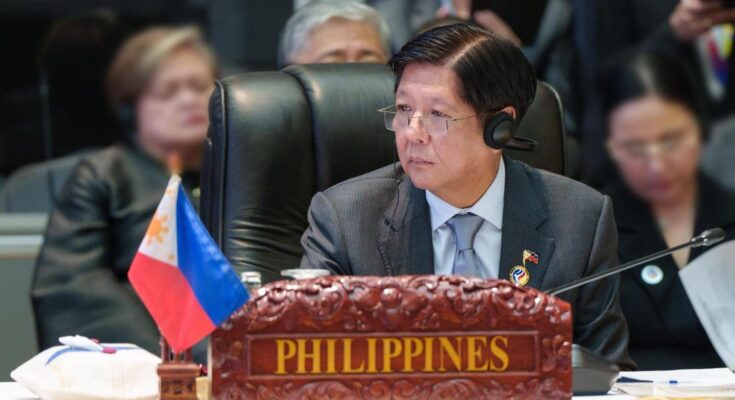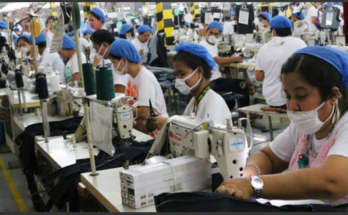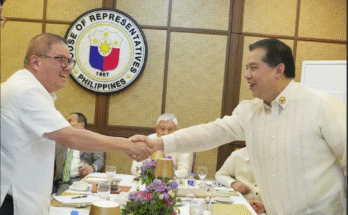PRESIDENT Ferdinand R. Marcos Jr. on Thursday called on the Association of Southeast Asian Nations (ASEAN) Plus Three (APT) to boost staple food reserves, in preparation for crises that threaten food security.
This, as Marcos cited the 2024 World Risk Index, which showed that the Philippines is among the countries with the highest risk of experiencing the adverse impacts of climate change.
In his speech at the 27th ASEAN Plus Three Summit in Laos, Marcos said climate change could severely affect Philippine agriculture and access to food.
Marcos renewed his support for the ASEAN Plus Three Emergency Rice Reserve (APTERR) Agreement and lauded the extension of the Tier 1 APTERR programme for another three-year term from 2024-2027.
“Thus, I continue to urge APTERR Working Groups to seek ways to strengthen its mechanisms as well as to boost its rice and other staple food reserves to better prepare for emergencies that threaten food security in the region,” he said.
Marcos said the extension of the Tier 1 APTERR programme would help ensure food security in the Philippines by diversifying supply sources, adding that it would enhance Filipinos’ resilience to potential adverse situations or calamities.
The Philippines also welcomed the APT Leaders’ Statement on Strengthening the Connectivity of Regional Supply Chains, highlighting its benefits such as reducing transportation costs, responding faster to changes in demand, enhancing resilience to global disruptions, facilitating trade, enhancing collaboration and innovation, and encouraging regulatory alignment.
Cooperation work plan
Marcos also welcomed the new programs in the APT Cooperation Work Plan 2023-2027 covering trade and investment through increased utilization of free trade agreements (FTAs) with China, Japan, South Korea, as well as the other regional economic tie-ups.
“As we look ahead towards APT’s future, I am pleased to welcome new cooperation programs in the ASEAN Plus Three Cooperation Work Plan of 2023-2027, especially in the areas of trade and investment through increased utilization of the ASEAN Plus One FTAs with China, Japan, the Republic of Korea, and the Regional Comprehensive Economic Partnership or RCEP,” he said.
The APT Cooperation Work Plan serves as a principal guide to enhance APT cooperation over the next five years towards achieving the long-term goal of establishing an East Asia community with ASEAN as the driving force.
The program also covers sustainable tourism and people-to-people connectivity; energy security; sustainable development of micro, small, and medium enterprises (MSMEs); science, technology, and innovation (STI) and digital economy.
Marcos emphasized that ASEAN benefited from APT programs over the past 27 years, posting more than a quarter percent increase both in total trade between ASEAN and the Plus Three countries to almost USD1.1 trillion.
He added the Foreign Direct Investments (FDIs) from the Plus Three countries to ASEAN Member States reached more than USD32.65 billion last year compared to USD26.12 billion in 1997. (PNA)





